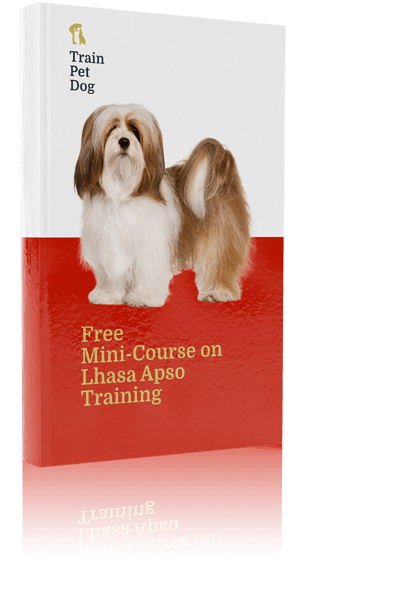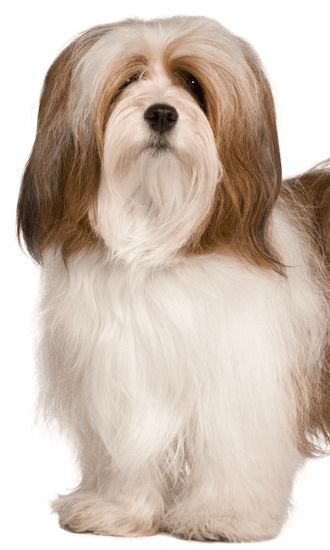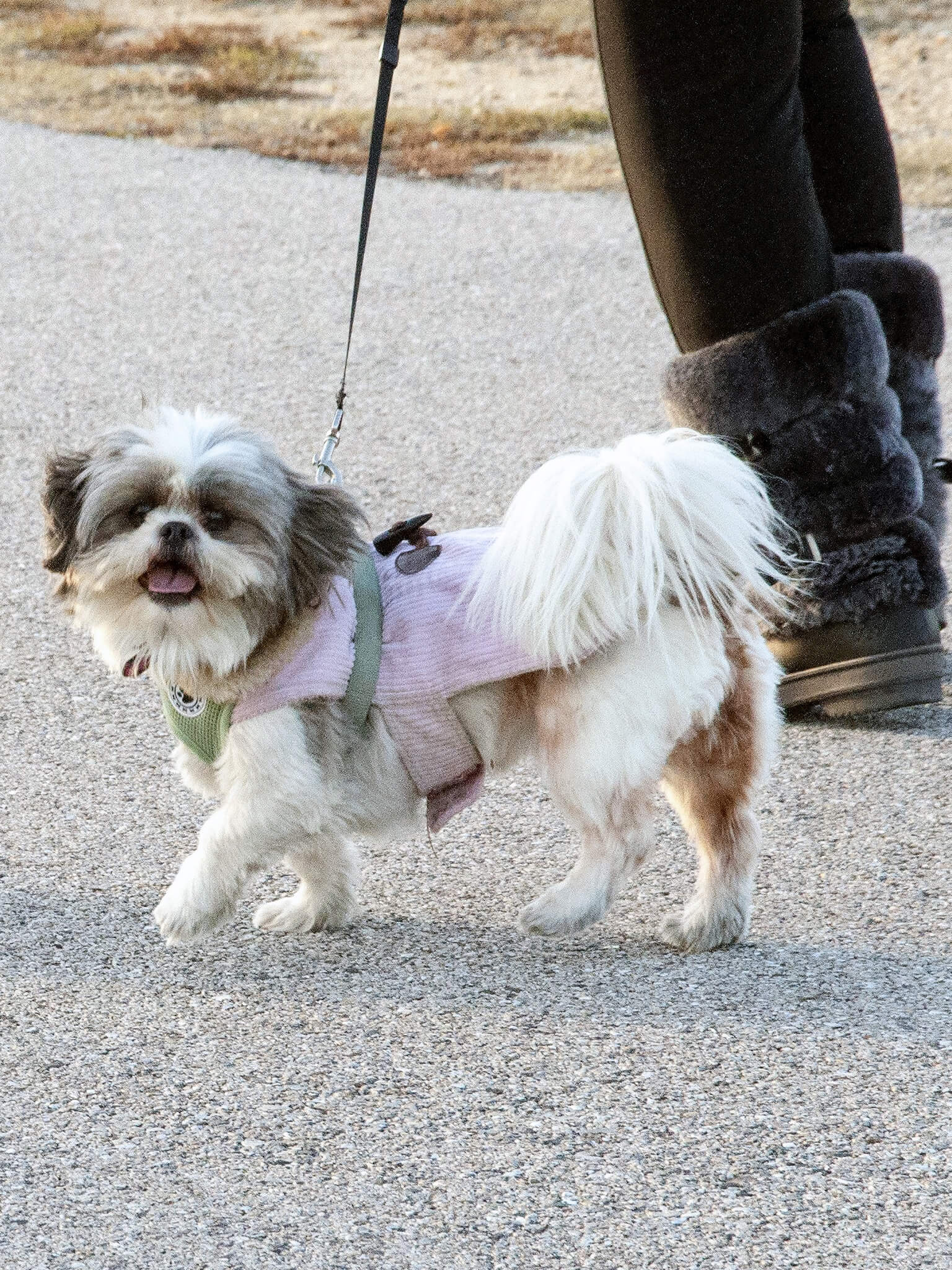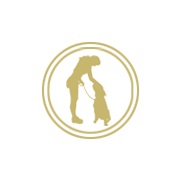Privacy Policy: Your email address is 100% safe.
We don't spam and hate it as much as you do :-) You can also unsubscribe from our mailing list at any time.

Sign Up
Lhasa Apso: Temperament, Origin, Training, and Exercise

Country of Origin, History of Lhasa Apsos
The Lhasa Apso is a non-sporting dog breed that originated in Tibet. They were used as watch dogs indoors while the larger Tibetan Mastiff served as sentinels outside. The Lhasas were popular in Tibet for guarding monasteries and for alerting monks regarding any intruders who had entered their monastery.
In the early 1900s, a few of British soldiers returned home from Tibet and brought along some Lhasas. In England, the breed was called the "Lhasa Terrier".
The original American pair of Lhasas was a gift from to C. Suydam Cutting, arriving in the United States in 1933. Mr. Cutting had traveled in Tibet and met the Dalai Lama there.[13] At this time, there was only one Lhasa Apso registered in England.[14] The breed was at first called the Lhasa Terrier, later the Lhasa Apso.
It is said that, in 1933, the first pair of Lhasa Apsos arrived in the United States. They were gifted by the 13th Dalai Lama, Thubten Gyatso. In 1935, the AKC recognized this breed as a Terrier dog.
Later in 1959, this breed was transferred to the Non-Sporting Group.
Lhasa Apso Tools
Breed Selector Tool - is the Lhasa Apso the right breed for you?
Is the Lhasa Apso the right breed for you and your family?
Find out by using our Free Dog Breed Selector Tool
Check Your Lhasa Apso's Learning Style
Are you aware dogs also have a learning style that can greatly affect their ability to housetrain as well as be trained correctly. Evaluate your Lhasa Apso's learning style and personality using our free Learning Style tool so that you are better able to provide him with the proper Lhasa Apso training methods.
Is your Lhasa Apso dominating over you?
Does your Lhasa Apso bark unnecessarily? Does your Lhasa Apso come to you when you call? Download a FREE Report on Dog Dominance for you and your Lhasa Apso and learn how to control your dog.
Do you make these mistakes with your Lhasa Apso?
Are you inadvertently snow-balling bad behavior in your Lhasa Apso? Evaluate your Dog Training Style from our Free Tool and learn how best to deal with your dog.
Lhasa Apso Calorie Calculator
Do you know how many calories your Lhasa Apso needs every day and how many cups of food you should be giving it every day? Click here to use our Lhasa Apso Calorie Calculator.

A General Appearance of the Dog
Lhasas are small but hardy dogs. They have dark brown eyes and a black or brown nose. The feathery tail should be carried well over the back.
Coat:
Lhasas have a straight coat which is hard and dense. They have a double coat - an undercoat to keep them warm and an outer coat consisting of guard hairs for protection.
Shedding:
The long coarse hair is heavy and so Lhasa Apsos do not shed hair the same way as other breeds.This makes Lhasa Apsos suitable for people with allergies.
Colors:
Lhasa Apsos come in a wide range of colors - black, white, red, and gold with various shades.
Height:
Males: 10.75 inches
Females: 9 inches
Weight:
Males: 14 to 18 pounds (6.4 to 8.2 kg)
Females: 12 to 14 pounds (5.4 to 6.4 kg)



Free Lhasa Apso Training Secrets
Free Course on Lhasa Apso Training & Obedience
Stop All Bad Behavior, Excessive Barking and Biting
Lhasa Apso Personality Traits

Temperament:
The Lhasa Apso is a happy, lively, assertive breed that can be wary of those he doesn’t know. They have a fine sense of hearing and warn of strangers. They travel well and dislike being alone.
Their brashness and comical antics give an impression of being cuddly lapdogs. However, Lhasas are of the hardest, toughest and most strong-willed amongst the small dog breeds. They are playful on one hand. On the other, they are dignified, calm and deliberate in nature. By consistently enforcing your house rules, your Lhasa Apso can become a perfect companion.
Living Conditions:
This small dog is able to live in an apartment or small home, but loves to run and play either in the house or in a fenced yard.
Are they suited to homes with kids?
Lhasa Apsos are not tolerant of children and bond to one person.
With other animals, the Lhasa can be bossy and jealous. However, with proper training, most Lhasa Apsos learn to live happily with other family pets.
Training
They can be stubborn, so early socialization and obedience training are important.


Free Lhasa Apso Training Secrets
Free Course on Lhasa Apso Training & Obedience
Stop All Bad Behavior, Excessive Barking and Biting
Lhasa Apso Activity Level
They enjoy daily walks.
Grooming
Their long coat needs daily brushing and a professional grooming at least twice a year. They should be bathed once a week. This will keep up the slow continuous shedding and also remove any dirt that may get caught within the hair strands.


Free Lhasa Apso Training Secrets
Free Course on Lhasa Apso Training & Obedience
Stop All Bad Behavior, Excessive Barking and Biting
Health and Care
Eye disorders, hip dysplasia, kidney disease and some skin problems are found in this breed.
Height: 10-11
inches
Weight: 13-15 lbs.
Life Expectancy
The average lifespan of Lhasa Apso dogs is 15 years.
National Breed Clubs
Group: AKC Non-Sporting Group; KCGB Utility Group
AKC Popularity Ranking: 71 in AKC, 14 in KCGB
Also Known As: Lhasa
Train Your Lhasa Apso To Listen To You
Get Instant Access to Your Training Now - For Free
Sign up for our Free Lhasa Apso Mini Course to have a housebroken, obedient dog that happily comes to you every time you call.
You'll learn new commands to obedience-train your dog as well as how to housebreak your dog in 6 days or less.
You'll also learn how to eliminate bad habits like barking, nipping or biting, jumping, or pulling on the leash.Here's just s small fraction of what else you'll learn in the course:
How to lead and think like a pack dog - the new psychology.
3 dangerous mistakes that most Lhasa owners make when they are trying to potty train their dogs.
The 2 main reasons why your dog barks excessively and how to control its excessive barking.
How to obedience train your Lhasa Apso to permanently end behavioral problems like Jumping, Aggression, Pulling on Leash.
A surprisingly easy way to teach your dog cool new tricks.
How to improve your dog's lifespan and keep it from getting overly heavy with a healthy and nutritious diet.
Getting Pro help fast - how to get access to our expert trainers when you need them most.
One hidden psychological trigger that all Lhasa Apsos have... that practically allows you to "analyze" and "control" your dog's every action.
Priority access to the free online seminars conducted by our training experts.
Whereas other dog training related web sites and books offer generic information for dogs in general, ours is the ONLY web site that offers Lhasa information specifically, from a renowned panel of experts - because as you probably know, Lhasas have their own special training requirements that other dogs don't have.
Our Dog Experts
The Lhasa Apso training information you will read here was developed by a panel of renowned dog training experts whose combined wisdom represents nearly 100 years of specialist experience training dogs.
Here are a few of our experts:




